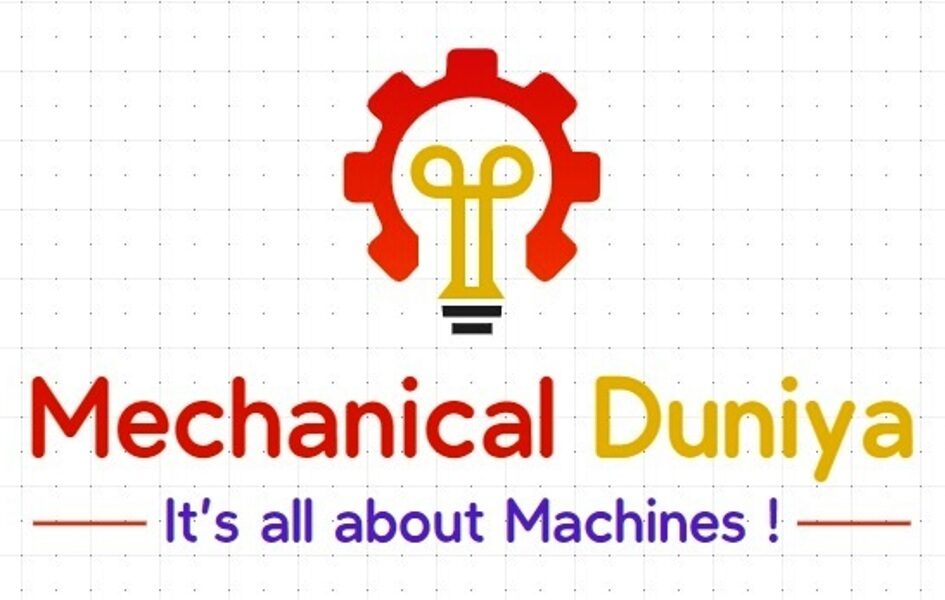Table of Contents
Introduction
The IES interview or selection process holds significant weight in determining a candidate’s suitability for the prestigious position. Among the various components of the interview, technical questions play a pivotal role in assessing a candidate’s understanding of mechanical engineering concepts and their ability to apply them in practical scenarios. In this article, we delve into the nuances of technical questions asked in the IES interview, particularly focusing on mechanical engineering, and provide insights into how candidates can effectively prepare for and tackle them.
Understanding the IES Interview Process
Before going into the specifics of technical questions, it’s essential to get the overall structure of the IES interview process. The interview stage typically follows the written examination and comprises a panel of experts assessing candidates’ technical knowledge, problem-solving abilities, and suitability for the role. While the interview covers various aspects of engineering, including general aptitude and personality traits, technical questions form a substantial portion of the assessment, especially for mechanical engineering candidates.
Preparing for the IES Interview
Preparation is key to succeeding in the IES interview, particularly concerning technical questions. Candidates must thoroughly revise fundamental mechanical engineering concepts, stay updated with recent advancements in the field, and practice solving problems relevant to their discipline. Additionally, honing communication skills and cultivating confidence in articulating technical concepts are equally crucial aspects of preparation.
Common Technical Questions Asked in IES Interview
Technical questions posed during IES interviews for mechanical engineering candidates span a wide range of topics, covering both theoretical principles and practical applications. Below is a probable list of technical questions that candidates may encounter:
- Explain the principles of thermodynamics and their applications in engineering.
- Discuss the working principles of common mechanical components such as gears, bearings, and springs.
- Describe the process of heat treatment and its significance in metallurgy.
- How would you approach the design of a hydraulic system for a specific industrial application?
- Discuss the advantages and limitations of different welding techniques.
- Analyze a case study involving failure analysis of a mechanical component and propose preventive measures.
- Explain the concept of stress and strain and their implications in material selection for engineering design.
- What are the latest advancements in additive manufacturing (3D printing) technology, and how are they shaping the manufacturing industry?
- Solve a numerical problem related to fluid mechanics or strength of materials.
Strategies for Answering Technical Questions
When faced with technical questions during the IES interview, candidates should adopt strategies to ensure clear, concise, and accurate responses. Some key strategies include:
- Listening attentively to the question and seeking clarification if necessary.
- Structuring the response logically, starting with a brief overview followed by detailed explanations.
- Providing real-world examples or case studies to illustrate theoretical concepts.
- Admitting if unsure about a particular question and offering logical reasoning or assumptions.
- Remaining composed and confident throughout the interaction, even when encountering challenging questions.
Conclusion
Technical questions in the IES interview serve as a crucial means of evaluating candidates’ proficiency in mechanical engineering and their readiness for the responsibilities that come with the position. By understanding the interview process, preparing diligently, and employing effective strategies for answering technical questions, candidates can enhance their chances of success. Remember, the interview is not just about showcasing technical knowledge but also demonstrating problem-solving skills, communication abilities, and a passion for the field of mechanical engineering. With thorough preparation and confidence, aspiring engineers can navigate the IES interview process with ease and excel in securing this esteemed designation.
After getting shortlisted in the written examination of the IES (Indian Engineering Services) exam, a candidate should prepare for a personal technical IES interview by reading content related to one’s specialization. The panel normally asks about your favorite area of work in mechanical engineering. This article gives technical questions asked in IES interviews related to Thermal engineering background.
Sample IES Interview or FAQs:
Below are the sample questions that can be a part of the IES interview. These are not limited to what is given below but can be a reference for IES interview questions.
On which cycle modern thermal power plant work and How can we increase the efficiency of a thermal power plant?
All the modern power plant works on the Rankine cycle. Superheating, regeneration, and reheating processes increase the efficiency of a thermal power plant. The exergy utilization of the flue gas increases the useful work and increases thermal efficiency.

How do you ensure complete combustion in the boiler?
Incomplete combustion is a lack of sufficient oxygen. The traces of carbon monoxide in flue gas indicate incomplete combustion. Thus, we need to ensure sufficient oxygen during the combustion.
What is the path of flue gas from the furnace to the chimney?
Furnace-superheater-reheater-economizer-air heater-precipitator-ID Fan-chimney
What is the value of the height of a chimney in a thermal power plant?
The height of the chimney in a thermal power plant normally ranges around 270 m.
What is the difference between proximate analysis and ultimate analysis of coal?
The proximate analysis gives the behavior of the gas when it is heated and the ultimate analysis provides the content of the coal substance like % of carbon, oxygen, nitrogen, sulfur, etc.
What is the difference between the gross and net calorific value of fuel?
The combustion of the fuel generates heat. This heat is called the calorific value. Suppose the moisture or water vapor is condensed at room temperature. In that case, the latent heat of vaporization plus the heat liberated by the fuel is known as the gross calorific value. If the moisture is not condensed, the only heat liberated by the fuel is considered and it is known as the lower calorific value of a fuel.
These questions are sample questions and are not a part of a real IES interview. You can visit GATE Mechanical Engineering blog for more details on competitive questions.

